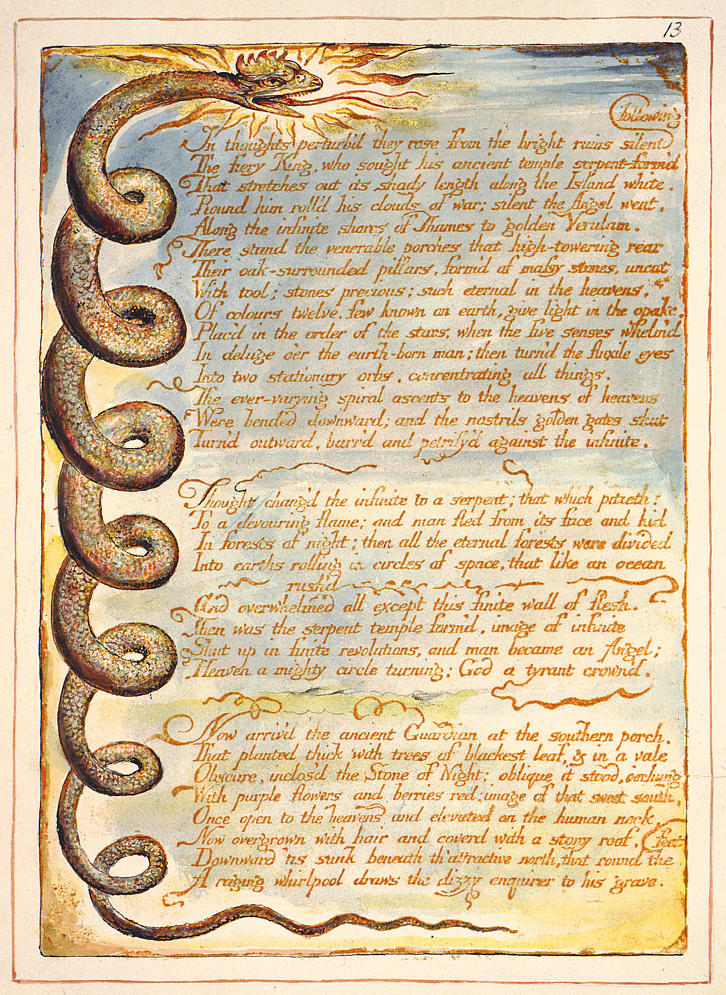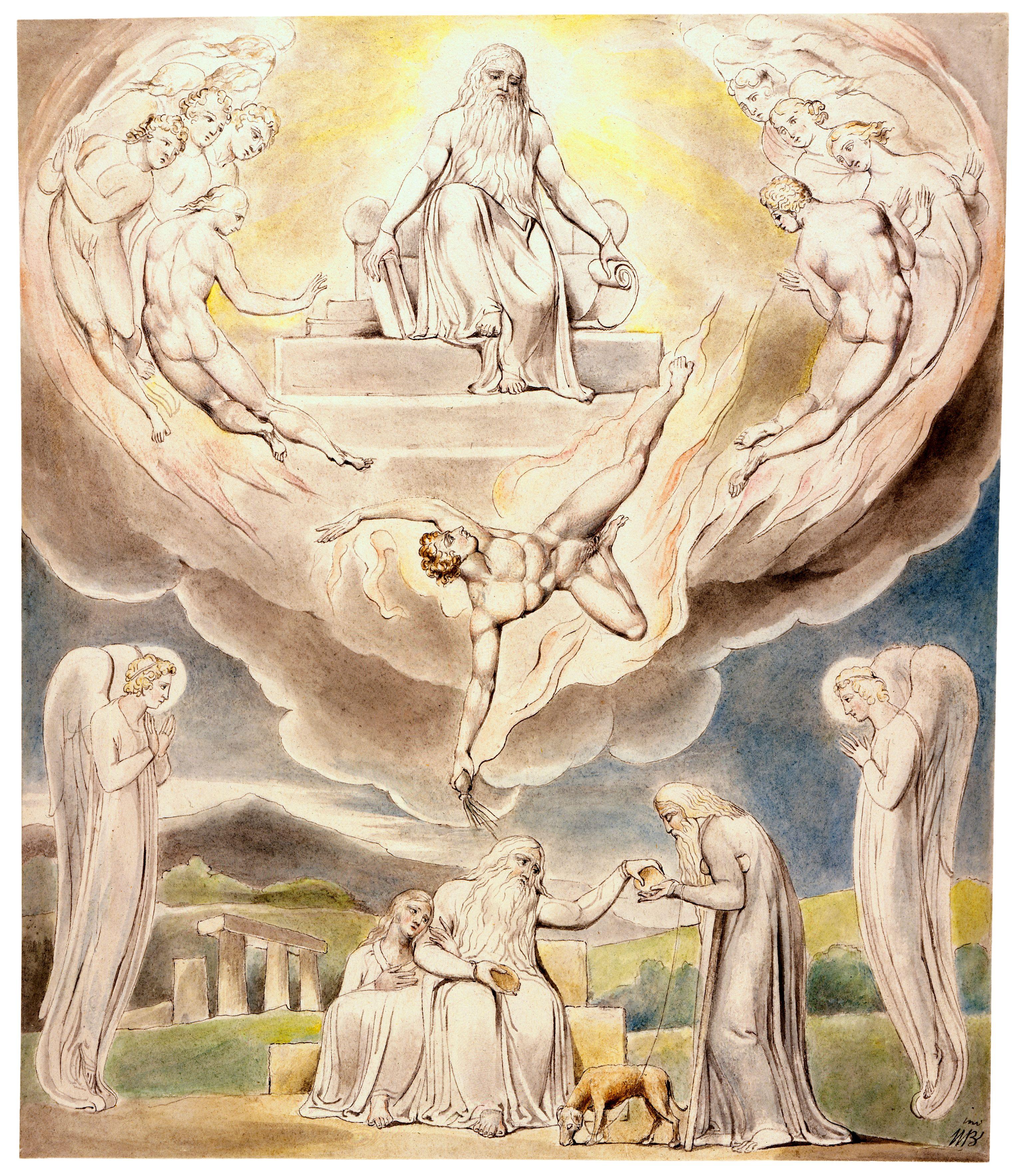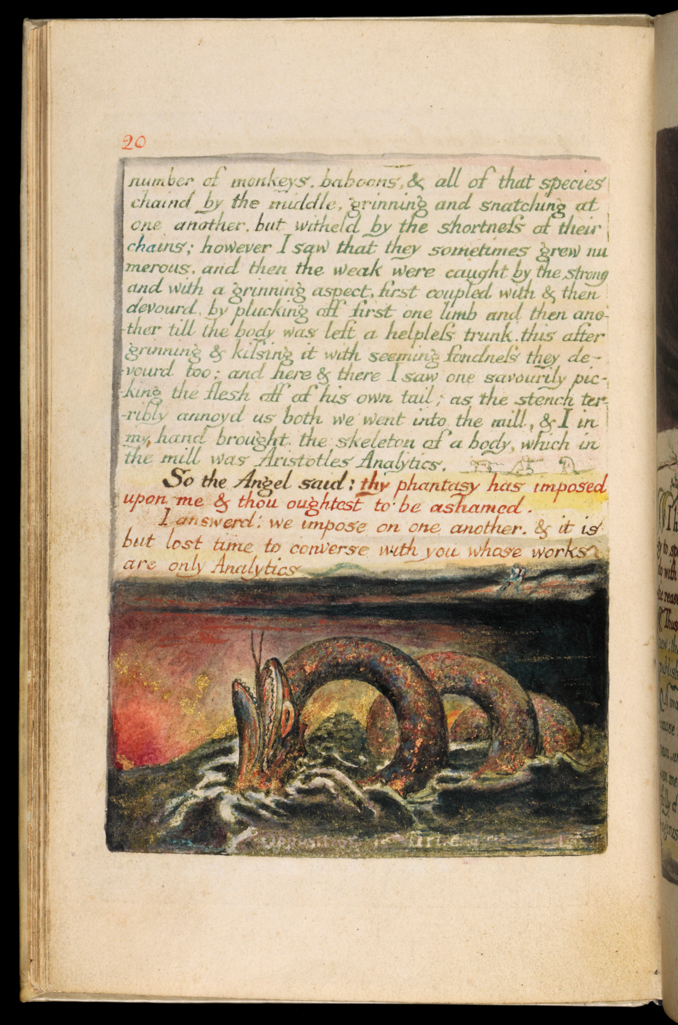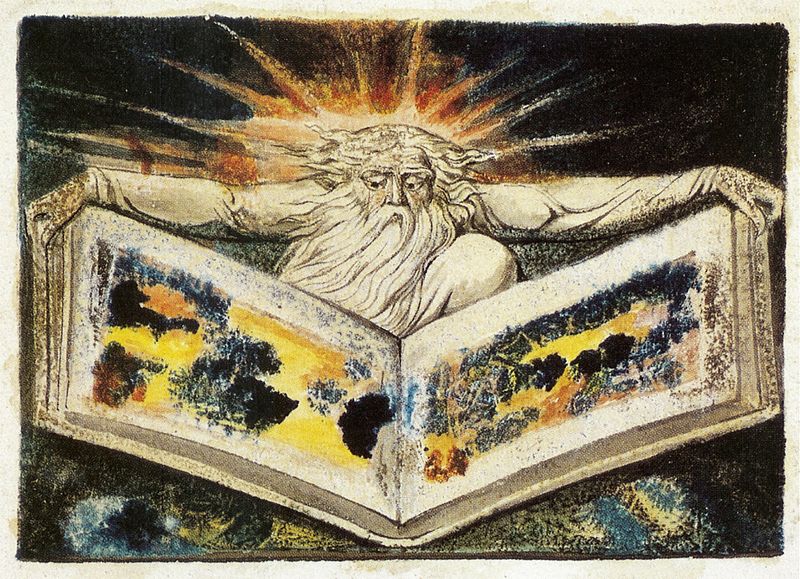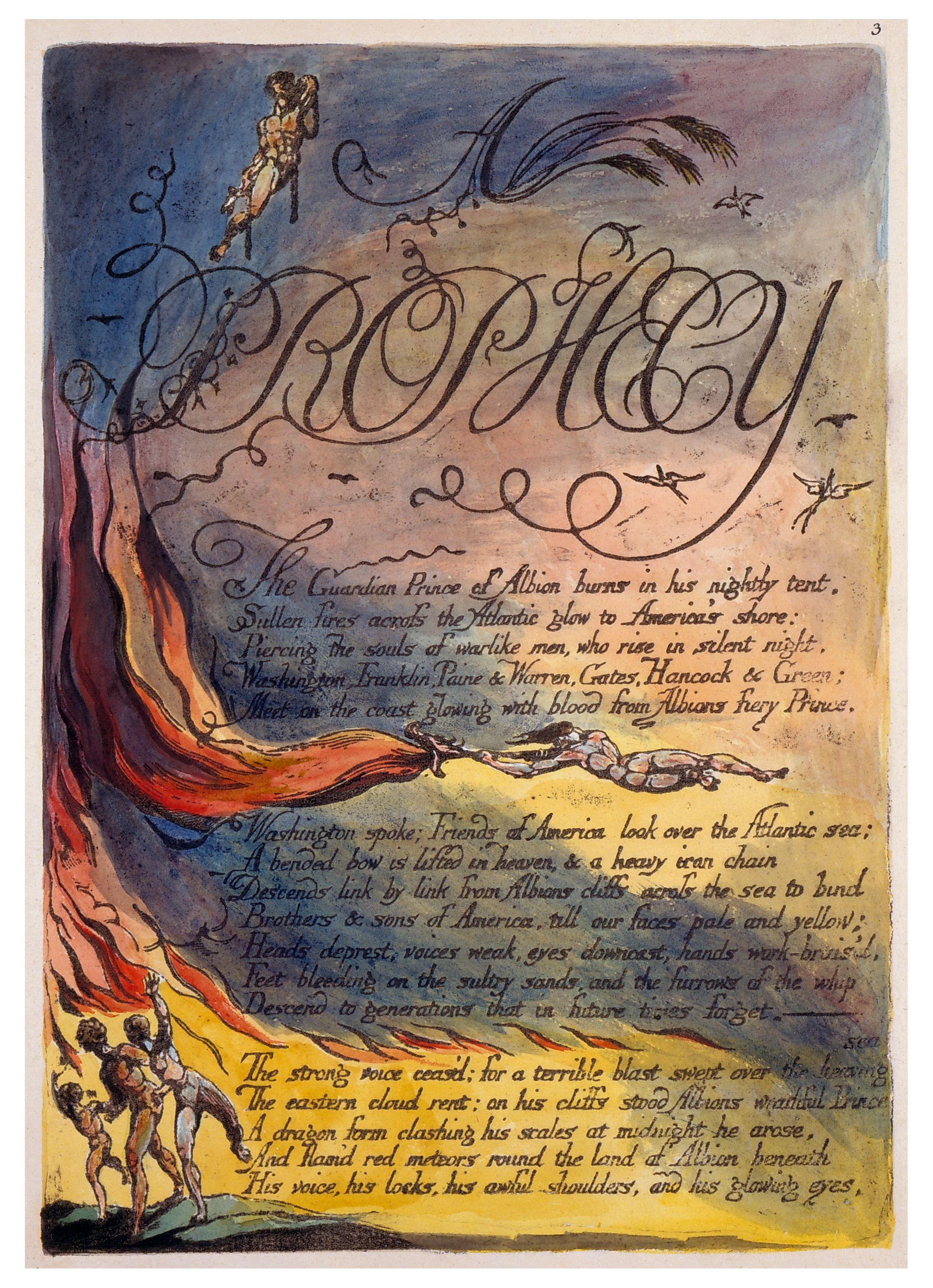For twenty years Blake had suffered from a failure of his Visions from Heaven. But in 1800, at the age of 43 they returned. 'Purity of Heart is to will one thing', but under the influence of the Main Chance (the need to find a respectable place in the world, to better himself financially, to eat meat instead of beans) he had become double-minded. Divided from the will of God he had failed financially as well as spiritually.
Then he was "Surprised by Joy" and rescued from the Main Chance (a story that has been amply if not exhaustively treated in this blog). The Visions returned and he happily 'lived in Heaven', to use his wife's plaintive term for it.
Then, with increasing age and deteriorating health, he was 'surprised by joy' again; he found everything that he had lost in the past: friends, and an income that allowed him to 'put bread on the table'.
Perhaps every person with some age has glowing memories of some event in their past: perhaps just a day, perhaps a month or a year. That's what Shoreham meant to Samuel Palmer and the other Ancients, and to Blake at the end of his life.
London was a vast polluted mire of men: the miry clay indeed (Psalm 42), of which the country side was a refuge. All Londoners were aware of this, particularly the young men who made up the Ancients. Thomas Palmer's father was a conforming Christian, a Baptist. Perhaps about 1820 he was called as a lay preacher to a chapel in the environs of the village of Shoreham. The upshot was that he moved his family there.
Meanwhile George Cumberland, a long time friend of Blake brought John Linnell, an affluent painter, to see him. Linnell fell in love with Blake and with what he represented. He supported the old man for the rest of his life. He also brought many of his friends to see Blake and his lovely pictures. They adopted Blake, much like the sixties flower children had adopted him.
For the flower children it may have been mostly about sex, but Linnell's friends liked Blake in more general and thorough ways. Particularly they loved his religion, his spirit, his values. Youthful individualists, they were religious boys, living a life of joy and piety.
These were young man who had become a loose-knit community which they called The Shoreham Ancients. They frequently visited Blake and brought him to Shoreham where he found himself a very honored guest. All this made Blake's last days a fulfillment of extravagant degree. In 1828 he died heartily mourned by his young friends. Everyone knew it was but a temporary separation.


